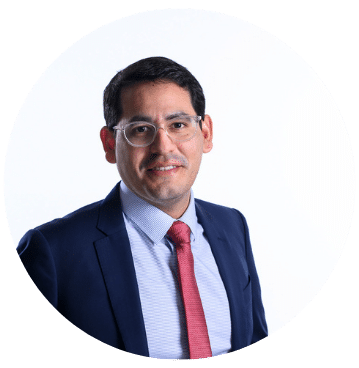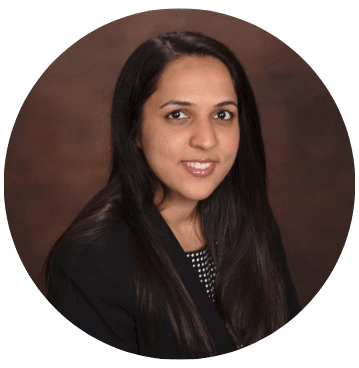Patrizia Mondello, MD, PhD

Researcher Spotlight: Patrizia Mondello, MD, PhD Mayo Clinic, Rochester Follicular lymphoma (FL) is generally slow-growing cancerwith an overall favorable prognosis. One subset, known asFL3B, has a distinctly worse clinical outcome with limited treatment options. The same treatments used to manage the other,…








